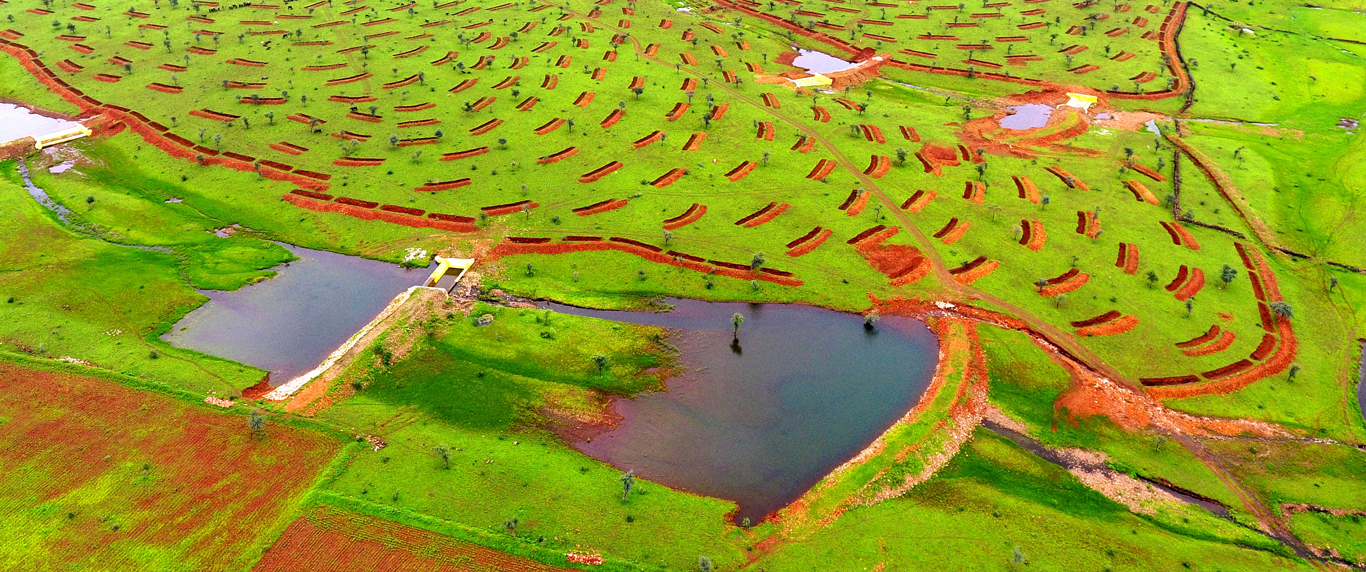
Biodiversity conservation is necessary to support a natural and vital ecosystem - across flora and fauna conservation, wildlife habitats, soil health, plant pollination, pest control and more. Biodiversity is critical for global food security and agriculture and its loss at an alarming pace over the past few decades is an issue of serious environmental and economic concern.
In India, almost two-thirds of the population lives in rural areas and is dependent on agricultural livelihoods. Recognising that its operations and value chains are dependent on nature for essential resources such as water, key raw materials and agri commodities, ITC has launched an extensive biodiversity conservation programme that also looks at restoration of wastelands and building community awareness. In addition, as our business operations can also impact nature, ITC also works for protection of biodiversity in its catchments.
Preserving and restoring biodiversity is key for the long-term sustainability of agriculture and to build climate resilience. ITC's biodiversity conservation programme focuses on reviving ecosystem diversity and services provided to agriculture. This facilitates natural regulation of pests, pollination, nutrient cycling, soil health retention and genetic diversity, which have witnessed considerable erosion over the past few decades.
ITC's Agri Business promotes sustainable agricultural practices. Several crops are covered under various sustainability certifications. Crops such as chili, cumin, turmeric, celery, coffee, and mangoes are covered under Rain Forest Alliance (RFA), Global GAP, and Fairtrade certifications. Several of these crops are also certified organic under Indian and US standards.
Under these certifications, the farms are audited regularly to verify that farmers are compliant with the standard's comprehensive requirements, leading to continuous improvement on the journey to sustainable agriculture. The farmers follow the principles of sustainable farming, which includes biodiversity conservation, improved livelihood and human well-being, and natural resource conservation.
With support from ITC, the farmers in Andhra Pradesh, Karnataka, Rajasthan, and Punjab undertook effective planning and farm management systems that benefit communities, forests, native vegetation, ecosystem services, and wildlife.
FSC FM License Code (FSC®-C102390)
Chain of Custody Certification from the Forest Stewardship Council® (FSC®-C064218)